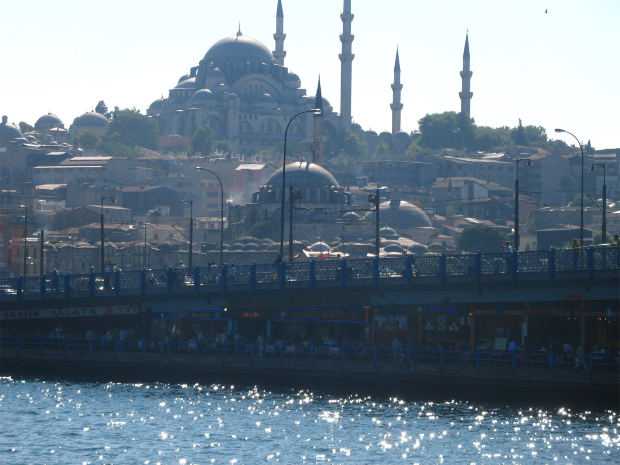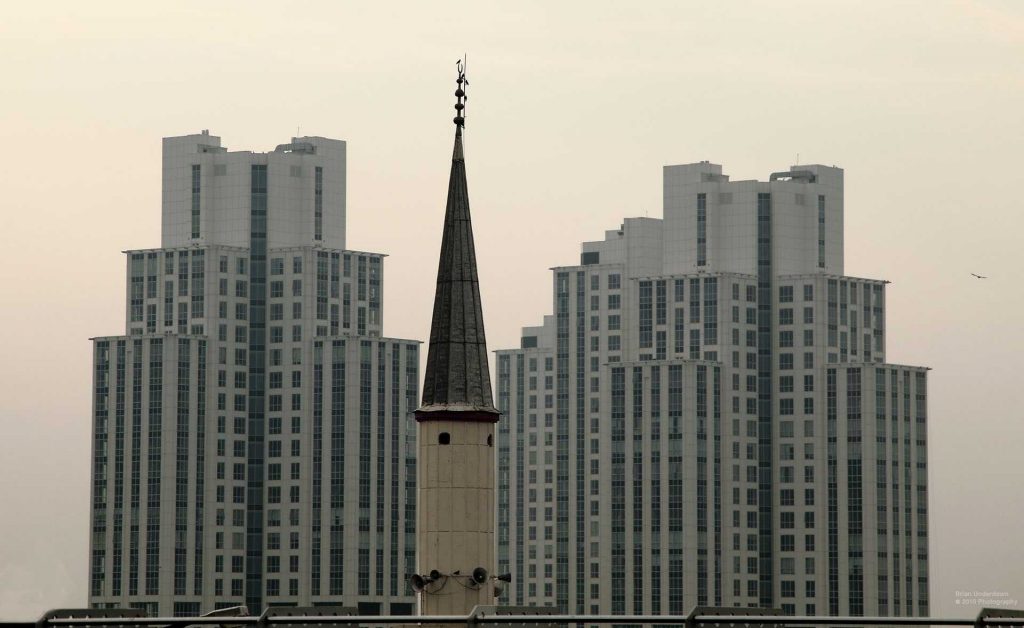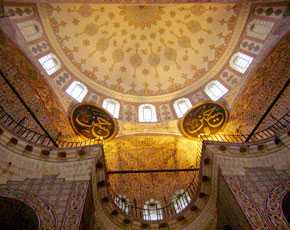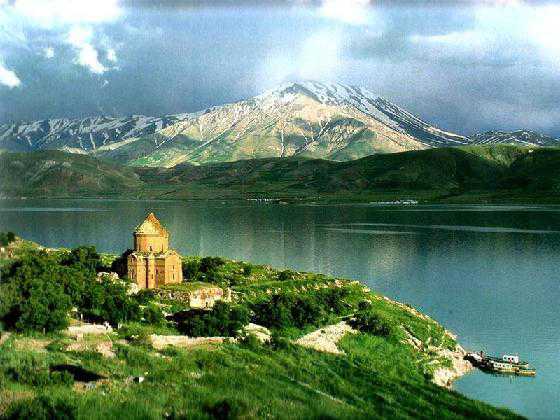[ 18 Sep 2008 19:36 ]
Baku. Tamara Grigoryeva – APA. American co-chair of OSCE Minsk Group Matthew Bryza held a press conference on the outcomes of his visit to Baku. APA reports that the co-chair said Azerbaijan and the Unites States continued active cooperation.
“The main aspect of this cooperation is the settlement of Nagorno Karabakh conflict,” he said.
Matthew Bryza said the Unites States supported Azerbaijan’s territorial integrity.
“We intend to help the conflicting parties to reach an agreement. This agreement should be based on the countries’ territorial integrity, later we should use other practice of the international law. We should find a way satisfying both sides, then a deal should be signed as in business. Our leadership is paying more attention to the settlement of Nagorno Karabakh conflict now than ever before,” he said.
Matthew Bryza said he planned to meet with other co-chair Bernard Fassier in Baku and hoped to continue cooperation with Russian co-chair Yuri Merzlyakov.
The co-chair also took a stance on the Caucasus Cooperation and Stability Pact initiated by Turkey.
“Any step serving to establish peace in the region is praiseworthy. Turkey is the ally of both the United States and Azerbaijan. It is good if this country wants to contribute to the establishment of peace. Some countries of the region ask why the US and European Union do not participate in this platform, why only Turkey and Russia are represented in the new format. And Georgia says that it is not ready to participate in this project together with Russia, which violated the country’s territorial integrity. Turkey is not the co-chair of OSCE Minsk group, but this country knows more about Azerbaijan and Armenia,” he said.
Matthew Bryza appreciated the steps taken to normalize the relations between Turkey and Armenia.
“Both countries have made steps important from political aspect. This is a new direction, there is a need for new directions after the happenings in Georgia,” he said.
Taking a stance on the meeting of Azerbaijani and Armenian Presidents American co-chair said the heads of states determine when they should meet.
“We, diplomats only give recommendations,” he said.
Speaking about the attitude of GUAM countries towards the happenings in Georgia, Matthew Bryza said the organization openly supported official Tbilisi.
“For example, Viktor Yushchenko openly expressed this support. Sometimes this support was silent, but too important,” he said.
Matthew Bryza said the policy of the United States on the region would not change.
“We will be more active in the region,” he said.
Source: en.apa.az, 18 Sep 2008






